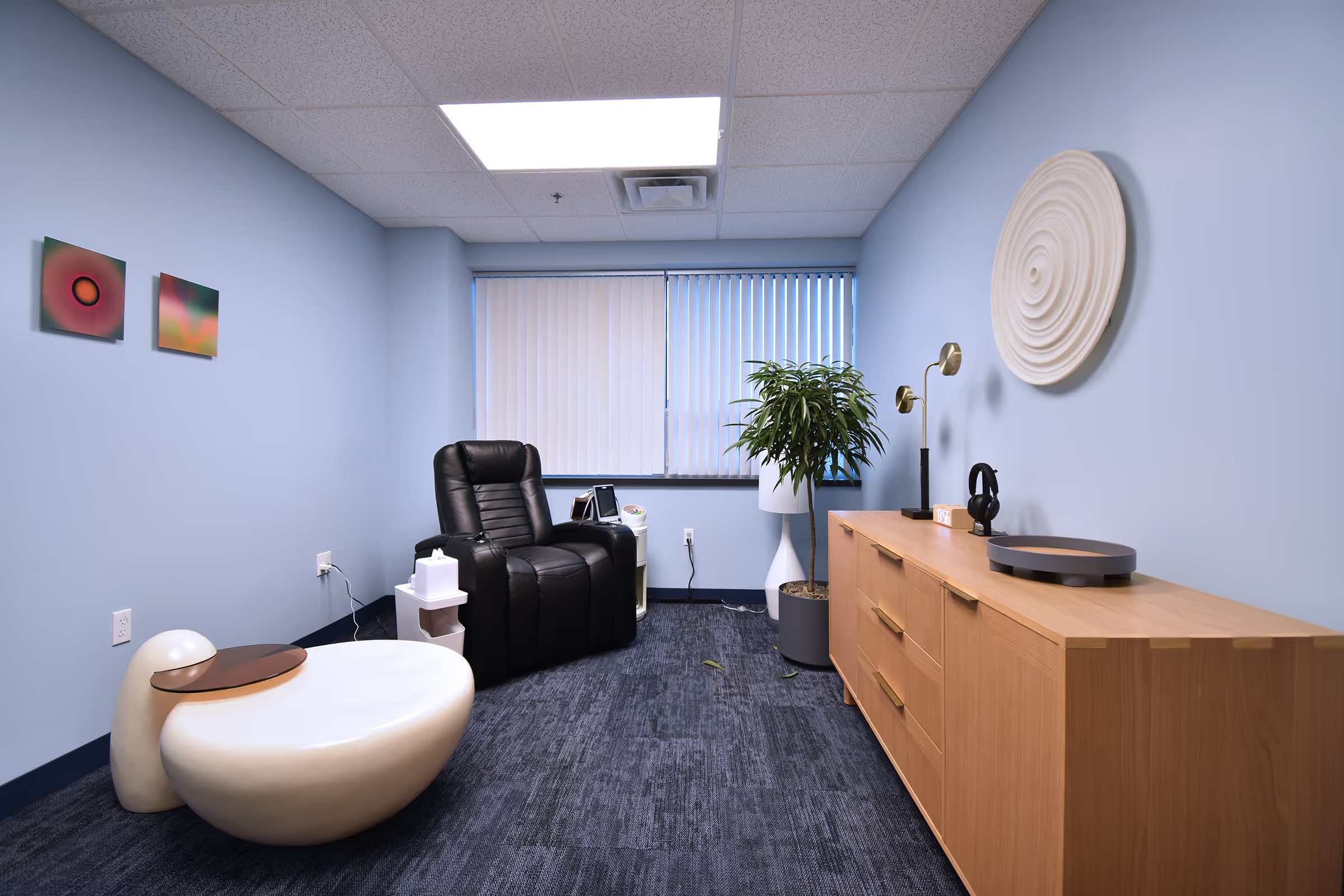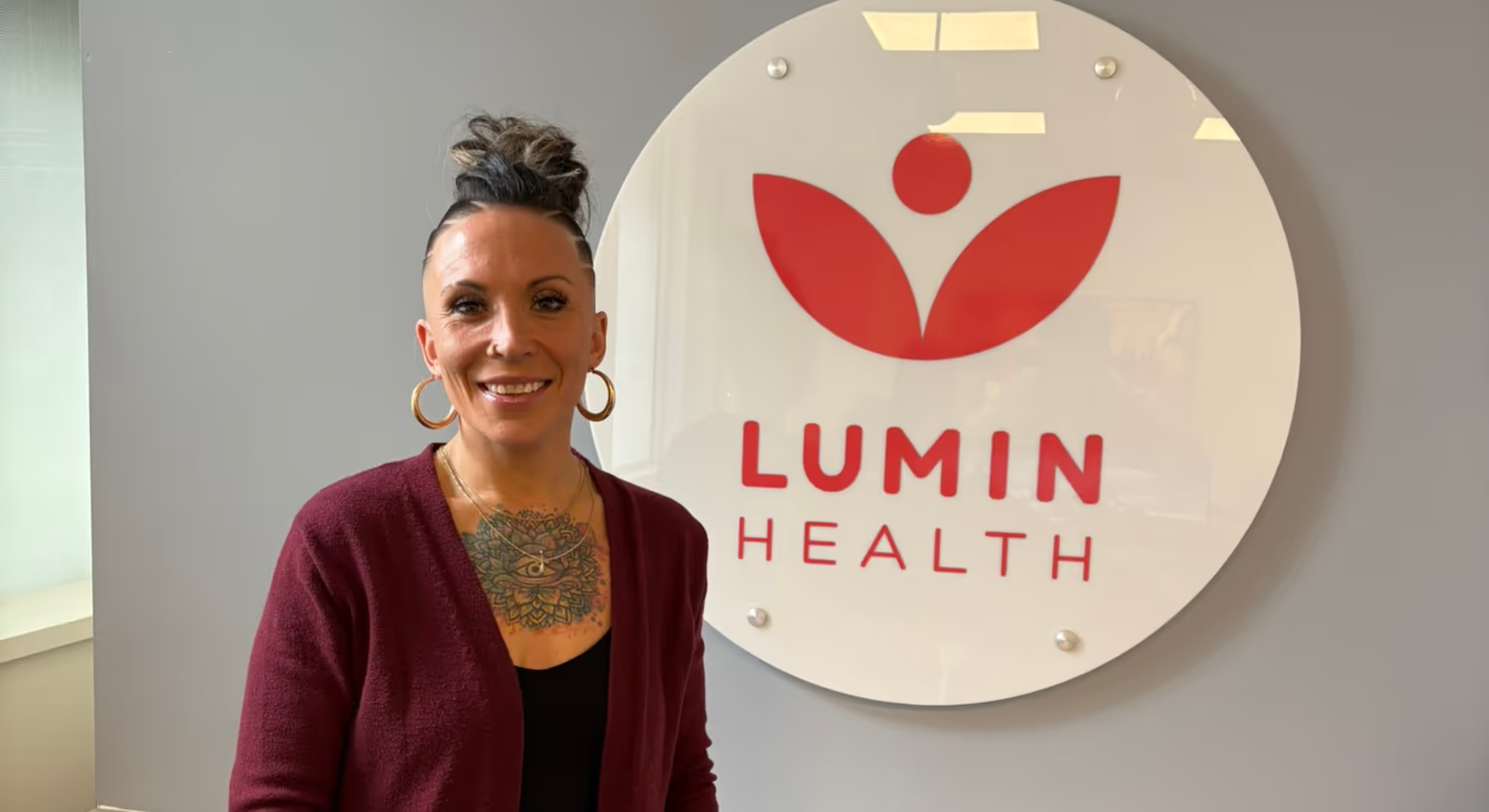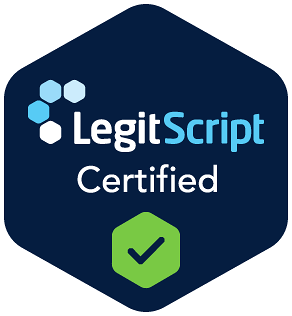If Other Psychedelics Are FDA-Approved, How Will Lumin Health Respond?
Many patients ask us a forward-looking question: If classic psychedelics are approved, will Lumin Health offer them? The brief answer from Lumin Health is yes — if they are shown safe and effective, and if they are approved by the appropriate regulatory agencies, we would welcome them into a rigorously medical, patient-centered framework. The Lumin Health approach would mirror what patients value in our ketamine therapy and esketamine (Spravato) programs: careful screening, thoughtful set/setting, steady clinical monitoring, coordination with your existing care team, and practical support for coverage and cost.
What FDA approval of psychedelics would signal
FDA approval isn’t about cultural enthusiasm, it’s about evidence. If psilocybin, MDMA-assisted therapy, or other agents are approved, it would signal:
- Demonstrated safety and efficacy for clearly defined indications
- Known risks and mitigation steps, codified in labeling, likely REMS requirements (REMS is the oversight entity that monitors safety and appropriate clinical training), and clinical guidance
- Standards for dosing, monitoring, and follow-up that clinics must meet
Lumin Health already operates within these expectations every day — particularly when treating patients with Spravato, where REMS requirements shape observation, documentation, and discharge processes. Those same muscles would extend to any newly approved psychedelic treatment.
We will continue to offer ketamine therapy and esketamine (Spravato) while evaluating new options as the science and regulations evolve. For some, ketamine treatment will remain the right fit; for others, new tools could expand what’s possible.
Safety systems and training with additional psychedelics: what would stay the same (and what we’d add)
- Clinical screening & shared planning. Medical history, medication checks, and clear inclusion/exclusion criteria — built with psychiatry and primary care in mind.
- Set, setting, and supervision. Private rooms, low sensory input, and expert psychiatrists and mental health clinicians who are present without being intrusive.
- Protocols for difficult moments. Grounding strategies first; medical interventions available when needed.
- Ongoing training. Our academically-affiliated clinicians already train on dosing, adverse event management, and trauma-informed communication for ketamine therapy. We would layer in agent-specific education as approvals arrive.
If a new medication carries special program requirements (like REMS for Spravato), we’ll implement them before opening access.
Equitable access to psychedelic therapy matters: coverage and cost
Powerful care isn’t truly helpful if it’s unreachable. Lumin Health would advocate for insurance coverage when new psychedelics are approved, just as we do now for Spravato.
Our team currently handles Spravato benefits checks, prior authorizations, and coordination with referring clinicians so you’re not navigating alone in a system that’s designed to confuse beneficiaries and obfuscate coverage. Where insurance is limited, we discuss options openly — balancing benefit, burden, and alternatives such as ketamine treatment paths that may be more readily covered.
How Lumin Health will coordinate with community providers
Safe, effective care is collaborative:
- Therapists. We collaborate with outpatient therapists to maximize benefit and communication.
- Prescribers. With your permission, we share treatment plans, vitals, and outcomes — especially important when multiple treatments are in play.
- Primary care. We coordinate around medical conditions, labs, and any changes to your broader plan.
FAQs
Will you offer psilocybin or MDMA in the event they become legal?
If — and only if — approved and responsibly regulated, yes. We would incorporate new treatments into the same safety-first framework we use for ketamine therapy and our Spravato clinic: careful screening, monitored dosing, and coordinated aftercare. For many, ketamine for depression will continue to be a strong option; new tools would expand — not replace — care choices.
What about the cost of psychedelic therapy?
Coverage will depend on each medication’s label and payer policies. We’ll continue to run benefits checks and prior authorizations, discuss out-of-pocket scenarios, and help you compare pathways — including ketamine treatment or Spravato — so financial reality is part of a humane plan.
Lumin Health: A steady place to stand, no matter what’s approved next
Potential approvals of psychedelic therapies by the FDA will come with excitement and questions. Lumin Health will meet both with the same posture we bring to ketamine therapy today: medical rigor, warm hospitality, and shared decision-making. If new psychedelics earn approval, we’ll be ready to deliver them in rooms that are safe, private, and clinically monitored — alongside options you already know, like ketamine for depression and esketamine in a Spravato clinic.







